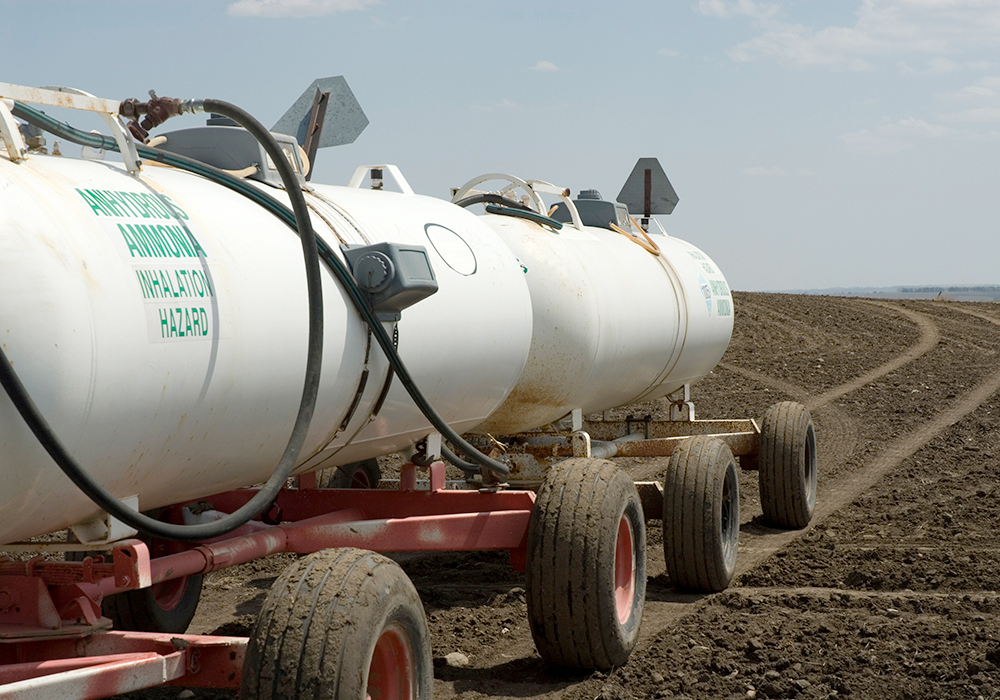PORTAGE LA PRAIRIE, Man. — Farmers need to get involved in the discussion about greenhouse gas emissions from fertilizer, says Manitoba farm leader Bill Campbell.
Otherwise, they risk bad policy coming down from Ottawa.
“There are numerous details (in federal policy) that have not been thought through,” said Campbell, president of Keystone Agricultural Producers, at the organization’s policy council meeting.
“It is up to organizations like KAP and others to engage with producers and have that exchange of information of what this actually means. How will this affect my farm?”
Read Also

Why feds imposed EV tariffs
Moe and Kinew have a fight on their hands when it comes to eliminating the EV tariff. Canada has to worry about pissing off the U.S. and Mexico and hundreds of thousands of auto workers.
The federal government’s aspirational goal of having greenhouse gas emissions from fertilizer use fall by 30 percent from today’s emissions has caused widespread consternation in farm country.
Many experts believe emissions can be reduced by more efficient fertilizer use; however, it will be much harder to reduce overall reductions if Canadian farmers substantially increase crop production. Even if emissions per bushel are reduced, producing more bushels could still bring higher or a lower decline in overall emissions compared to today.
That lack of per-unit fertilizer intensity in the federal goal worries Campbell.
“There has been nothing stated about unit of productivity,” said Campbell.
KAP policy manager Neil Van Overloop noted that the federal goal is still just a goal.
“It’s a framework. It’s an idea. It’s a concept by the federal government…. They haven’t gone forward with anything at this point,” said Overloop.
“They’re simply consulting with farmers trying to understand how this would work, what would be achievable. They’re just still in that process at this point.”
However, Campbell said farmers should worry about what could happen if the voluntary goal isn’t met.
“It was somewhat encouraging (to hear) from the federal minister of agriculture that currently these are voluntary suggestions not regulations, but that also highlights the concern about the transition if or when these voluntary measures are not met,” said Campbell.
“Do they become regulations?”
















